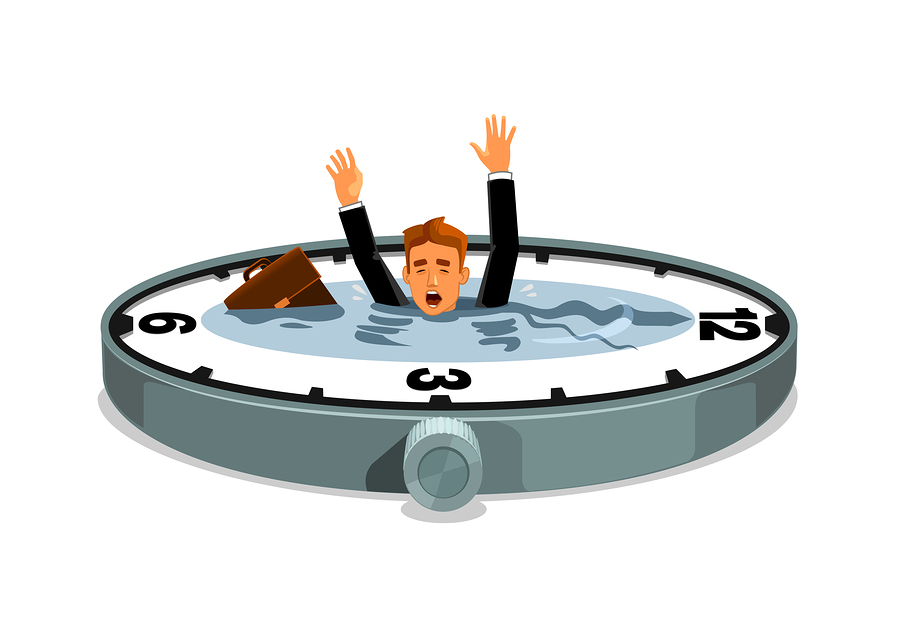Can my employer ask me to work on public holidays? Can I choose my own vacation weeks? Here are five little-known facts concerning labour standards.
In What Cases Must an Employer Pay for Work Clothes?
Jocelyne Cotnoir—lawyer and Assistant Director of Legal Affairs at the Commision des normes, de l’équité, de la santé et de la sécurité du travail (CNESST)—explains, “A restaurant requiring special clothing—such as a white shirt and black pants—must reimburse their employees if they are paid minimum wage.” This is the case for many restaurant servers, whether they are paid tips or not. This also includes fees for maintaining clothing other than regular cleaning.
Otherwise, the employer is not obligated unless minimum wage is not guaranteed after fees.
“However, if the employer requires clothes identifying the establishment,” she adds, “They must be provided gratuitously regardless of salary.” The simple reason is because the employee cannot use the clothes outside of this specific work context.
Is Overtime Paid in Cash or Time by the Employer?
The typical work week is forty hours long. If an employee works fifty hours, the ten extra hours must be marked up by fifty percent. Up to that, it is not magic.
However, by implicit agreement between an employee and employer; the payment of these hours can be replaced by equivalent time off. She clarifies, “What is less understood is that the ten supplementary hours cannot be relied on for time off, instead the ten augmented hours of fifty percent are relied on, so fifteen hours in total.”
Is Training Time Reimbursed?
If your boss asks you to help with a meeting taking place on the other side of the city, this time is considered work time at his disposal. Employers must reimburse their employees for all reasonable fees deemed necessary such as travel, accommodations, and meals.
“Nevertheless,” Cotnoir mentions, “Employers can give hourly-wage earners a different hourly rate during travel or training time,”
How Much Notice Must an Employee Give to an Employer Before Going on Vacation?
Know beforehand that you cannot take vacation without asking for prior authorization from your boss. Your boss has the power to accept or reject it. At the same time, if you make a request, your boss cannot leave you languishing in perpetuity. There must be a reply at least four weeks before the expected date, as per labour standards.
Are Lunch Breaks Paid?
After five consecutive hours, you can take a 30-minute lunch break every day as per labour standards. Cotnoir indicates, “Your employer does not have to pay you for this downtime, unless you stay at your work station or continue responding to clients.”
In doubt, information and many computational tools concerning salaries and overtime can be found on the CNESST website.
